Microsoft Azure Cloud Engineer Certification Course in Delhi, IN
(4.8) 4523 ratings.

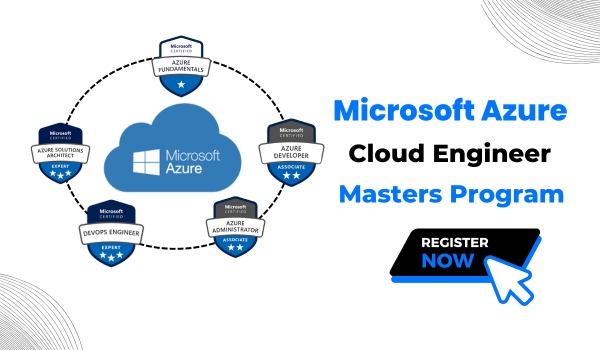
(4.8) 4523 ratings.


Next Batch Starts
Program Duration
Learning Format
GoLogica Academic's Master Program features a structured curriculum, paving the way to Global scope.
GoLogica having a 15+ years of experience on career transforming programs with industrial oriented Skills.
GoLogica Advanced Programs delivers cutting-edge AI Training, offering insights into the latest trends.
GoLogica emphasizes practical learning with exercises, projects to equip you with real world application.
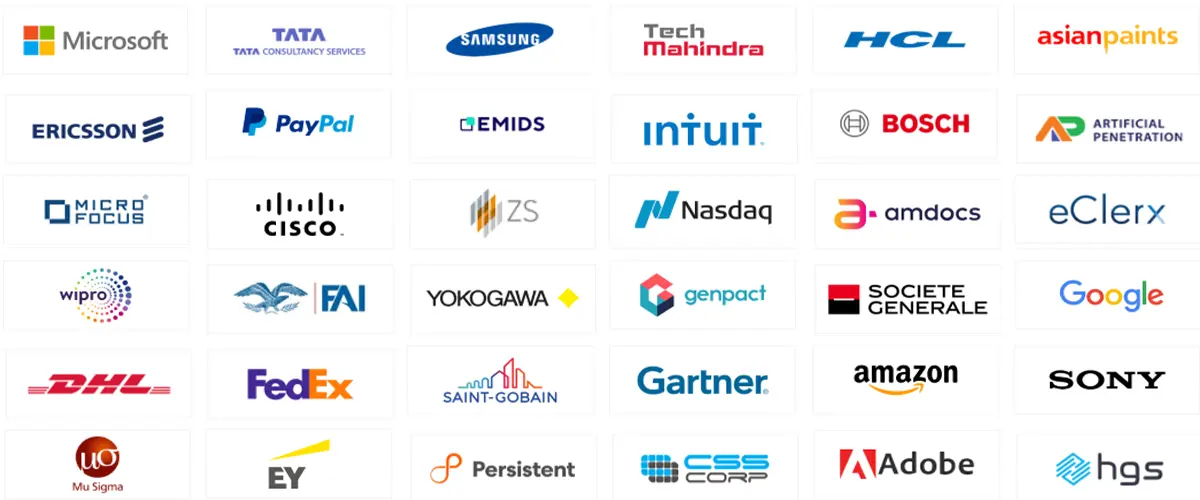
The Microsoft Azure Cloud Engineer Certification Course by GoLogica is a complete course that teaches you to be an Azure cloud engineer. With an increasing demand for cloud professionals, the course encapsulates all the major aspects of Microsoft Azure and will make you master cloud services, infrastructure management, and deployment strategies.
This course was designed with modern enterprises and the standards of Azure certification in mind, helping you build a solid foundation in cloud infrastructure, network management, storage solutions, and security.
Course Take-Away:
You Will Learn:
Master all capabilities of Azure Virtual Machines, networking, and storage solutions in building and managing robust cloud infrastructures.
Understand how to create, configure, and manage virtual networks and load balancers for optimal performance.
Become proficient with Azure Identity and Access Management (IAM), controlling access and assuring cloud security.
Understand how to deploy and manage applications using Azure App Services and serverless technologies.
Integrate Azure DevOps to optimize development and deployment processes and support continuous integration and delivery.
Monitoring and optimizing Azure resources for cost-effectiveness, scalability, and high availability should also be included.
Preparation for the Azure Solutions Architect certification that will be validated with skills to advance in their career.
Aside from that, modules on Azure DevOps integration and resource optimization will help you achieve increased operational efficiency in the cloud and meet the changing demands within the cloud industry. Whether you are seeking a new career in cloud computing or looking for advancement within the field of cloud engineering, the GoLogica course will enable you to have the right insight, experience, and credentials to succeed.
Once you have completed the Microsoft Azure Cloud Engineer Certification Program, you'll be equipped with the technical expertise in designing, implementing, and managing cloud solutions using Microsoft Azure. You will be sufficiently prepared to sit through the official Microsoft Azure certification exams: AZ-104 (Microsoft Azure Administrator) and AZ-305 (Microsoft Azure Solutions Architect). And you'll also know that you are ready for the challenge.
This Online Training gives the fundamental learning required by all people will’s identity assessing Microsoft Azure, paying little respect to whether they are a manager, designer, or database chairman.
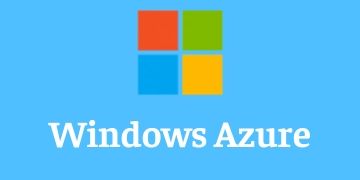
Learn to make powerful applications on Microsoft Azure, a top cloud platform. Gain practical skills and get a special certificate from Microsoft. With this certificate, you'll have more job choices and opportunities for a better future.
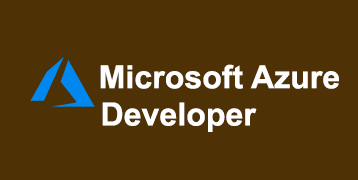
Join the GoLogica online training for Microsoft Certified: Azure Administrator Associate AZ-104 and become a pro at handling Azure, which is like managing a super-smart computer on the internet. You'll learn about different parts of Azure, how to keep it safe, and how to make sure everything runs smoothly. If you pass the test at the end, you'll get a special certificate from Microsoft to show everyone how awesome you are at Azure!
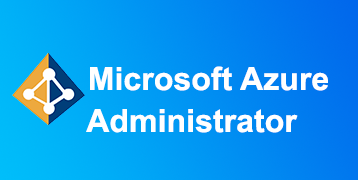
Azure DevOps is greatand GoLogica can help you understand it better with their AZ-400 certification training. Our program is suitable for both experienced and new DevOps learners. It includes practical training, expert guidance, and engaging activities to help you excel in your career.
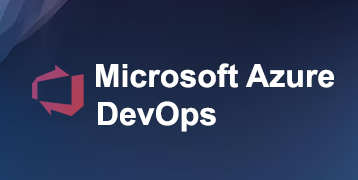
The Designing Microsoft Azure Infrastructure Solutions AZ-305 course will help you attain essential skills and knowledge to pass the AZ-305 Designing Microsoft Azure Infrastructure Solutions exam. This course will help you pass the exam and validate your skills in governing, designing, and migrating to secure, reliable, and scalable solutions within Azure. In this course, our trainers will teach you about the features, services, licensing, etc., which you require to pass the exam. Do you want to learn Microsoft Azure Architect Design and become certified in it? If yes, join our Designing Microsoft Azure Infrastructure Solutions AZ-305 course. Our trainers are experienced in this domain.
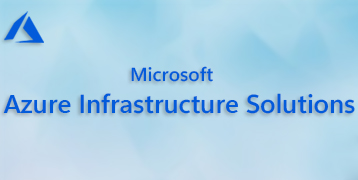


This will help you to better understand the Microsoft Azure industry.
you will be able to grow your career by broadening your proficiency in Microsoft Azure Cloud Engineer.
With this, the students will be able to decide their careers in the right way.
We Help with face-to-face interaction through mock interviews & Exams

Powered by
Paypal
Debit/Credit
UPI
GoLogica Azure Cloud Engineer Certification holds accreditation from major global companies worldwide. Upon completion of both theoretical and practical sessions, we offer certification to both freshers and corporate trainees. Our certification on Azure Cloud Engineer is recognized globally through GoLogica, significantly enhances the value of your resume, opening doors to prominent job positions within leading MNCs. Attainment of this certification is contingent upon the successful completion of our training program and practical projects.
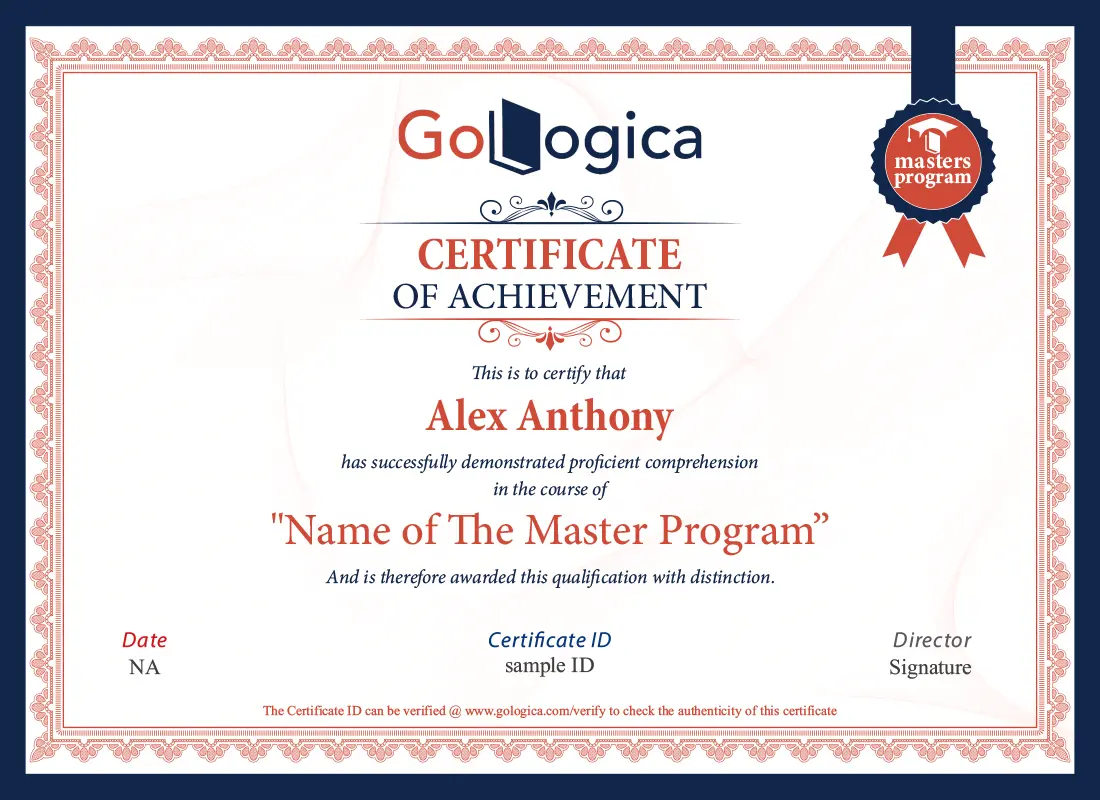
The U.S. Bureau of Labor Statistics forecasts a 20-25% increase in employment for Azure Cloud Market from 2022 to 2032. & Azure Cloud Ventures predicts 5.6 million unfilled Cloud Engineer jobs worldwide by 2028.
According to the BLS, Azure Cloud professionals are well-compensated. The median annual wage for Cloud Engineer was $120,000 to $150,000 PA It’s depending on factors such as experience, location, and specific job responsibilities.
Are you preparing for a interview? If yes, our expert tutors will help you with this.
Microsoft Azure and AWS (Amazon Web Services) are the top cloud service providers in the market today. Both offer a wide array of cloud services such as hosting, computing services, storage, and services related to advanced technologies. However, when it comes to the difference between them, it depends on business requirements. Companies prefer AWS for IaaS and Azure for PaaS.
In this course, you will learn about the key principles of cloud computing and how they are implemented in MS Azure. Also, will teach you how to manage subscriptions, billing, and role-based access control for Azure users & groups. Along with this, we will also help you learn how to implement use cases & configuration options for Azure application services, as well as app service environments.
This certification is recognized by Microsoft. It proves the knowledge and skills of an individual in Microsoft Azure. This certification is designed to check the efficiency of IT professionals in designing, managing, implementing, and managing solutions in the MS Azure environment.
Yes. Microsoft Azure Cloud Engineer Certification Program is considered valuable for IT professionals. The certification validates the skills of an individual in Azure implementations and cloud services. Moreover, this certification can increase job opportunities, professional development, and high salary.
It might vary depending on the level of certification and requirements of the organization. Generally, you will be liable for implementing and managing Azure Cloud services, ensuring compliance and security, configuration and deployment of virtual networks, task automation & optimization, and performance monitoring.
All the platforms are good. So, it would be good to understand the services offered by each platform after knowing their services in detail.
If you have years of good experience working with Azure, then you can directly join the AZ-104 course. However, if you are entering into the cloud sector for the first time, then start with AZ-900.
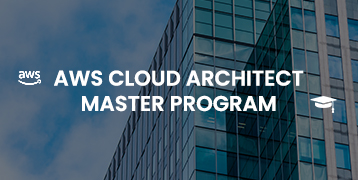
126 learners (4.7) 6 Months View Program

178 learners (4.9) 6 Months View Program
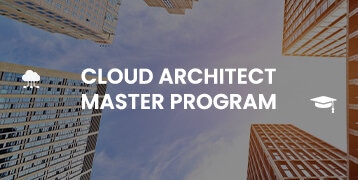
263 learners (4.8) 6 Months View Program

189 learners (4.9) 6 Months View Program